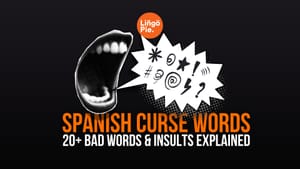If you're learning Spanish in Guatemala, you might find yourself scratching your head when locals throw around phrases like "¡Qué chilero!" or "Estar pura vida." That's because textbook Spanish only gets you so far – the real learning happens when you start picking up local slang.
You see, Guatemalan slang words are a big part of Guatemalan culture and are used by almost everyone in daily conversations. Knowing these words can help you make friends, understand jokes, and even feel more at home when visiting.
So in this article, I rounded up some of the most popular Guatemalan slang words and phrases. By the end, you’ll be able to chat like a true Chapín and connect with locals in a more meaningful way!
- 24+ Easy Cuban Slang
- 35+ Best Argentinian Slang
- 17 Best Salvadoran Slang

What Is Guatemalan Slang?
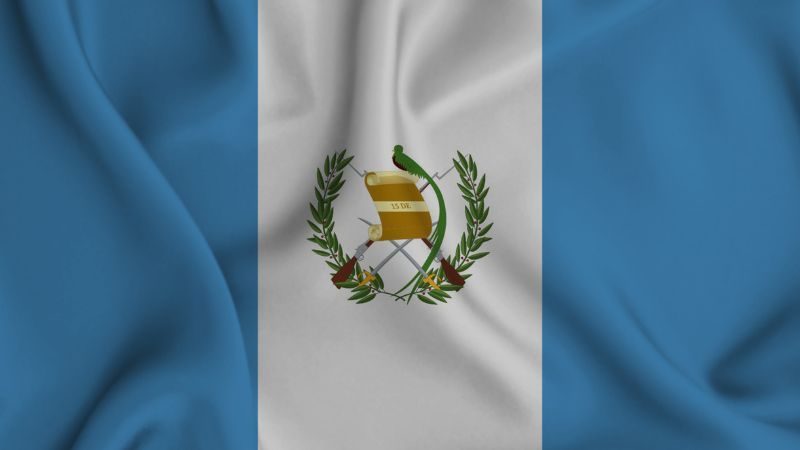
Guatemalan slang, also known as "chapinismos," refers to the unique informal words and phrases used in everyday Guatemalan Spanish that you won't typically find in standard Spanish dictionaries. These expressions are deeply rooted in Guatemala's culture and history, often combining Spanish with indigenous languages or creating entirely new words that reflect the country's distinct identity.
While some slang terms follow regular Spanish grammar rules, others have their own special conjugations or remain unchanged regardless of the sentence structure.
- "¡Qué chilero!" (How cool!) → Always remains the same, used as an exclamation
- "Estar pisto" (To be drunk) → Conjugates like regular estar: estoy pisto, está pisto
- "Chapin/chapina" (Guatemalan person) → Changes based on gender: chapin (male), chapina (female)
Common Guatemalan Slang Words And Phrases
From showing excitement to expressing frustration, these slang terms are the secret ingredients that make Guatemalan Spanish uniquely flavorful. While some might sound completely bizarre at first (seriously, who came up with "a chucho"?), you'll be surprised at how quickly they become part of your daily vocabulary.
Everyday Expressions
- ¡A huevo! – An enthusiastic way to say “of course” or “definitely.” It’s used to agree with something or express excitement. For example: “¿Vamos a la fiesta?” “¡A huevo!”
- Cerote – A playful or teasing term that means “dude” or “bro,” but it can also be used as an insult depending on the tone and context. Among friends, it’s common and not offensive: “¿Qué onda, cerote?”
- Chingar – A versatile word used to describe messing around, teasing, or causing trouble. For example, “Deja de chingar” means “Stop messing around.”
- Va – A way to say “OK” or “got it,” used frequently in conversations. For example: “Nos vemos a las 7, ¿va?”
- Sho – A way to say “shh” or “be quiet.” It’s used to tell someone to stop talking.
- A chucho – Means "a lot" or "too much." Used when describing large quantities or intense situations. For example: "Hay a chucho tráfico hoy" (There's a ton of traffic today).
- Puchica – A mild exclamation similar to "darn" or "wow." It's the polite version of stronger curse words and is safe to use in most situations. For example: "¡Púchica, olvidé mis llaves!" (Darn, I forgot my keys!)
- Cabal – Means "exactly" or "precisely." Used to strongly agree with someone or confirm information. For example: "Cabal así pasó" (That's exactly how it happened).
Guatemalan Slang for Describing People
- Chilero/a – One of the most common Guatemalan slang terms meaning "cool" or "awesome." Used to express appreciation for anything from food to situations. For example: "¡Qué chilero tu nuevo corte de pelo!" (How cool is your new haircut!)
- Canche – Refers to someone with light skin or blonde hair. It’s a way to describe a person’s physical appearance without being offensive.
- Patojo/Patoja – A common way to refer to a boy or girl, similar to “kid” in English. For example: “Ese patojo es mi primo” (“That boy is my cousin”).
- Chapin/Chapina – A term for Guatemalans themselves. It's often used with pride when describing someone from Guatemala.
- Hueco/Hueca – Used to refer to someone who is overly concerned with appearances or superficial things.
Guatemalan Slang Related to Food and Drinks
- Shuco – A popular Guatemalan street food, similar to a hot dog but often with a variety of toppings. It’s beloved by many and is a must-try.
- Chuchitos – A type of Guatemalan tamale made with corn dough and usually filled with meat and tomato sauce. They are an important part of Guatemalan cuisine.
- Mula – While it literally means “mule,” it’s often used to call someone foolish or clueless. In food-related settings, it can be used humorously when someone eats something wrong.
- Tamalitos – Small tamales often served as a side dish. They’re a staple in Guatemalan meals and have cultural significance.
- Refa – Short for “refacción,” meaning a snack or light meal. It’s commonly used in daily conversations: “Vamos por una refa.”
Guatemalan Slang for Greetings and Farewells
- Qué onda – A casual way of saying “What’s up?” or “How’s it going?” It’s a friendly way to greet someone.
- Adiós pues – A way to say “Goodbye then” or “See you later,” often used in casual conversations.
- Nos vemos – Means “See you” or “Catch you later.” It’s used when parting ways with someone.
- Pilas – Means “Be sharp” or “Stay alert.” It can also mean “You got this!” to encourage someone.
- Buenas – A short and simple greeting for any time of the day. It's a friendly way to say “hello” in a casual setting.
Money-Related Slang
- Pisto – The general term for money in Guatemalan slang. For example: "No tengo pisto para salir hoy" (I don't have money to go out today).
- Clavo – Literally means "nail" but is used to describe a debt or financial problem. For example: "Tengo un clavo con el banco" (I have a debt with the bank).
- Dar coto – To give someone a discount or better price. For example: "Dame coto, mano" (Give me a discount, buddy).
- Quebrado/a – Literally "broken," but means being broke or having no money. For example: "Estoy quebrado hasta el próximo mes" (I'm broke until next month).
- Tacuche – Refers to expensive clothing or being well-dressed. For example: "Se compró un tacuche nuevo para la boda" (He bought a new suit for the wedding).

Tips For Using Guatemalan Slang As A Foreigner
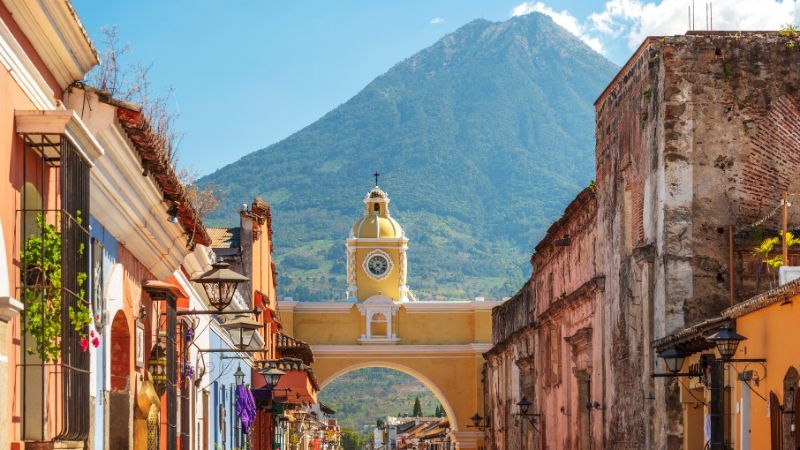
Using Guatemalan slang as a non-native can be a fun and rewarding experience, but it’s important to approach it with care. Here are some helpful dos and don’ts:
- DO: Use slang in casual settings with friends or people who are familiar with you. It can make you sound more approachable and show that you’re interested in connecting with the local culture.
- DO: Ask locals if you’re unsure about the meaning or appropriate usage of a slang term. Most people will appreciate your effort and might even teach you new words or phrases.
- DON'T: Use slang words like cerote or chingar in formal or professional settings. Some slang terms can be offensive if used inappropriately, so be sure to understand the context before using them.
- DON'T: Overuse slang or try too hard to sound like a native. It’s perfectly okay to use simple phrases, but forcing too many slang terms into your speech may come across as insincere or awkward.
To practice and learn Guatemalan slang, immerse yourself in local culture as much as possible. Watch Guatemalan TV shows or movies to hear slang in context, and listen to popular Guatemalan music to familiarize yourself with the rhythm and sound of the language.
If you’re in Guatemala, visit local markets, eat at street food stalls, or join community events to practice your slang and pick up new phrases naturally. Engaging with locals and observing how they speak will improve your understanding of slang and help you use it more confidently.
Read Also:

Learn Local Spanish With Lingopie!
Learning Guatemalan slang can really make a difference in how you connect with locals and experience the culture. In this article, we covered some popular slang words and phrases, explained why they’re important, and gave you tips on how to use them as a foreigner.
If you want to practice even more and hear how these phrases are used, you should check out Lingopie. It’s a video-based language learning platform where you can watch Spanish TV shows and movies, helping you pick up slang and improve your language skills at the same time.
Why not give it a try? Explore Lingopie to learn more Spanish, or check out other articles to continue your language adventure!
Frequently Asked Questions
What is cool in Guatemala slang?
In Guatemalan slang, the word chilero is used to describe something cool, awesome, or really nice. For example, “Este lugar está chilero” means “This place is cool.”
What are Guatemalans called in slang?
Guatemalans are often called Chapines in slang. It’s a term used proudly by Guatemalans to refer to themselves.
How do Guatemalans say dude?
Guatemalans often use the word cerote to mean “dude” when talking to friends. It can sound harsh but is commonly used among close friends in a playful way.


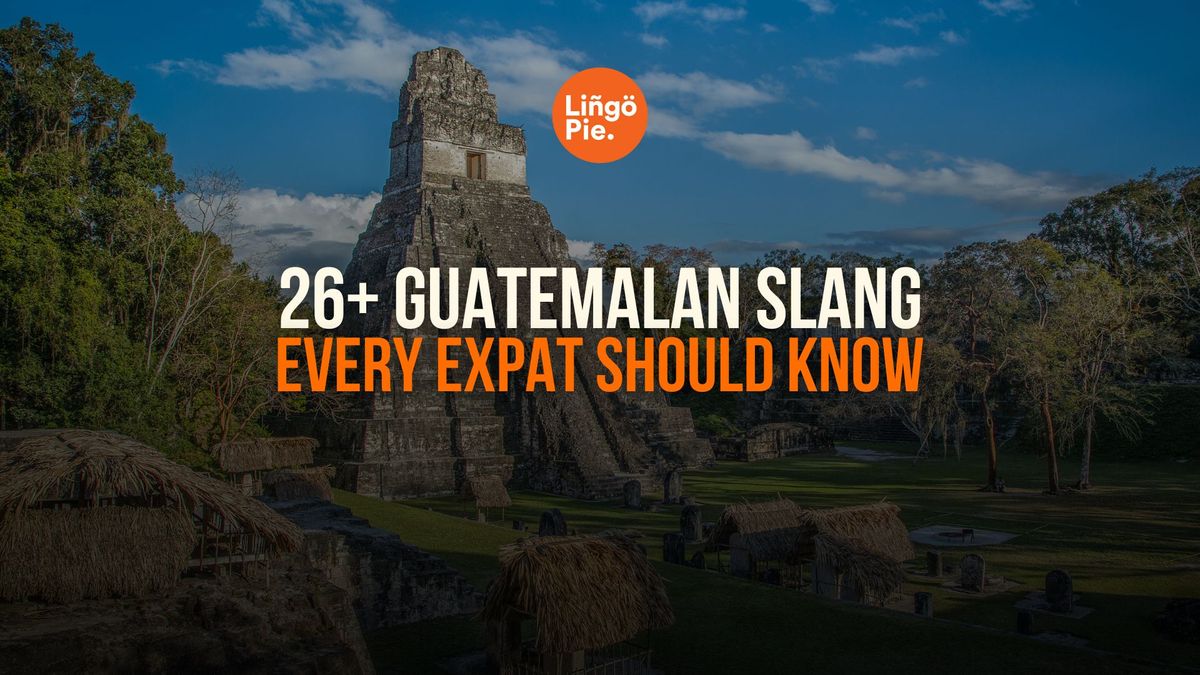



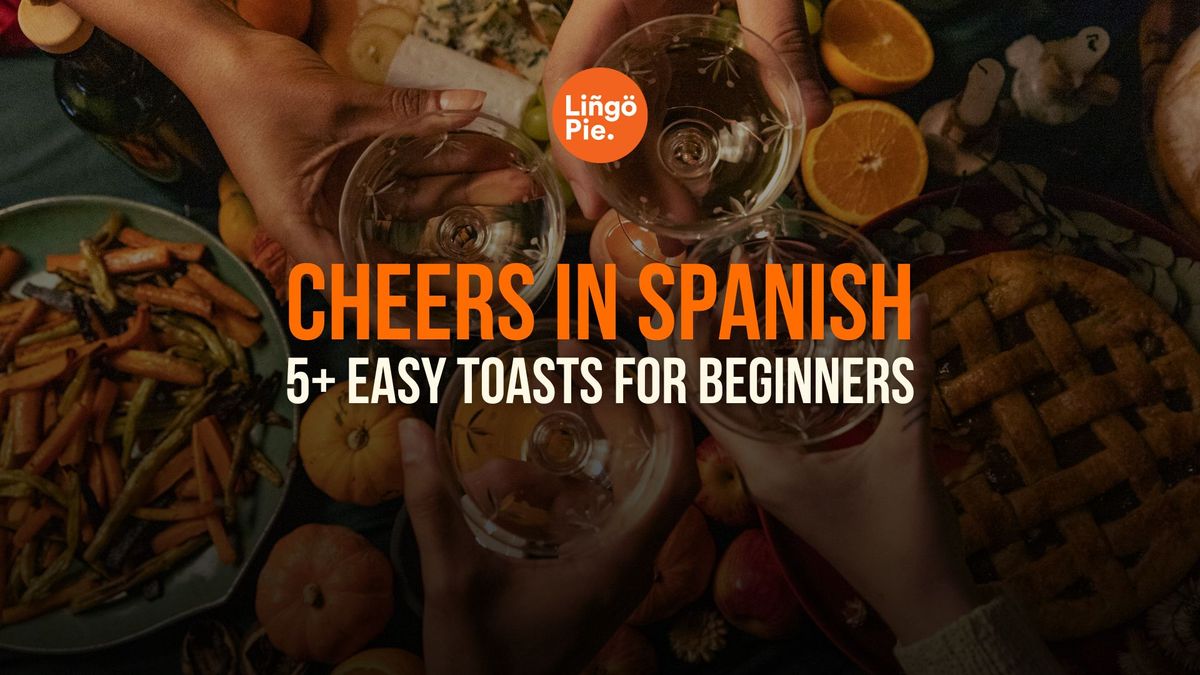
![19 Best Spanish Series For Learning Spanish Fast [2026]](/blog/content/images/size/w300/2025/04/best-shows-to-watch-to-learn-spanish.jpg)
![How to Learn Spanish with News in Easy Spanish [Guide]](/blog/content/images/size/w300/2024/12/How-to-Learn-Spanish-with-News-in-Easy-Spanish.jpg)
![80 Spanish Love Words Every Romantic Should Know [Guide]](/blog/content/images/size/w300/2025/10/spanish-love-words.jpg)
